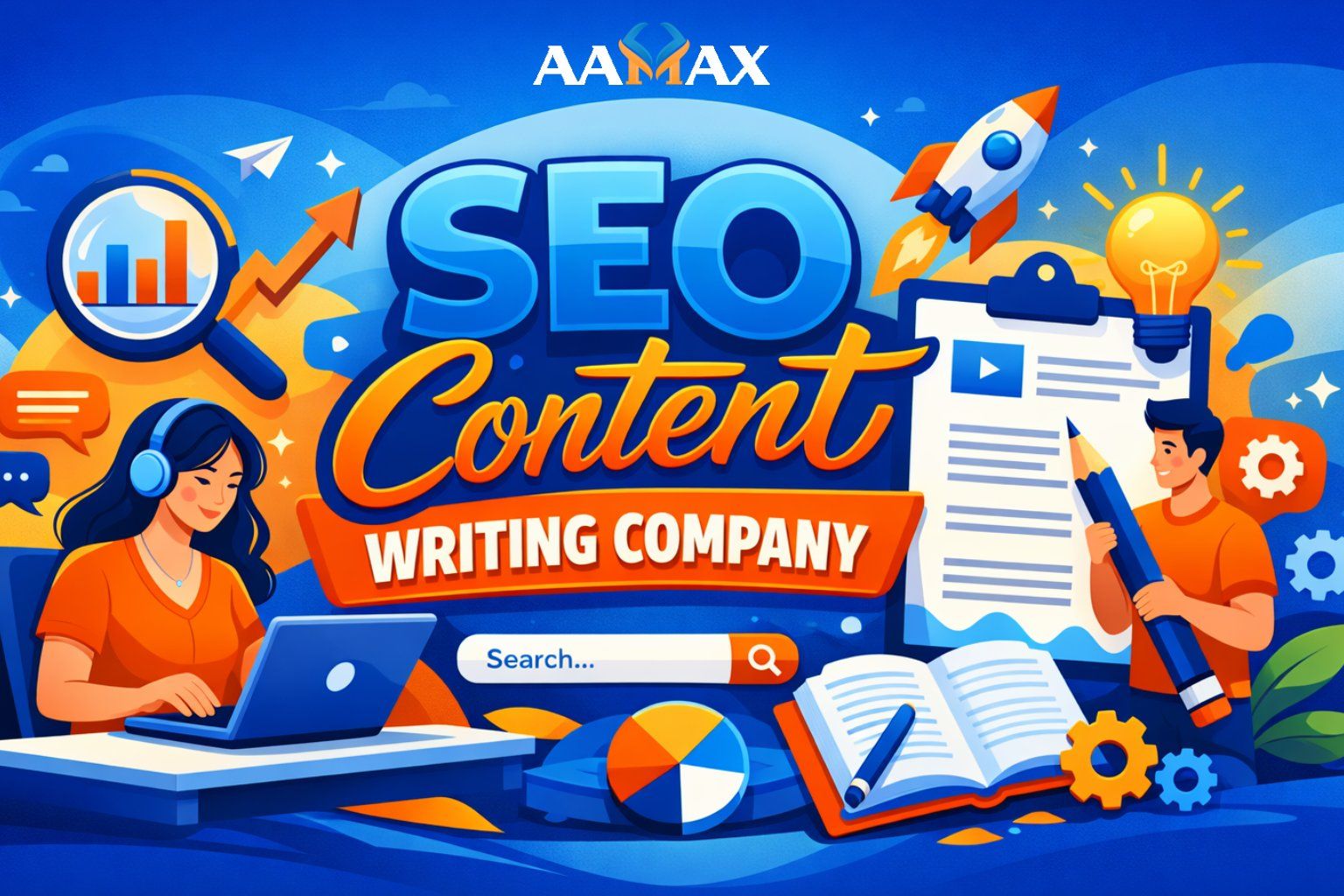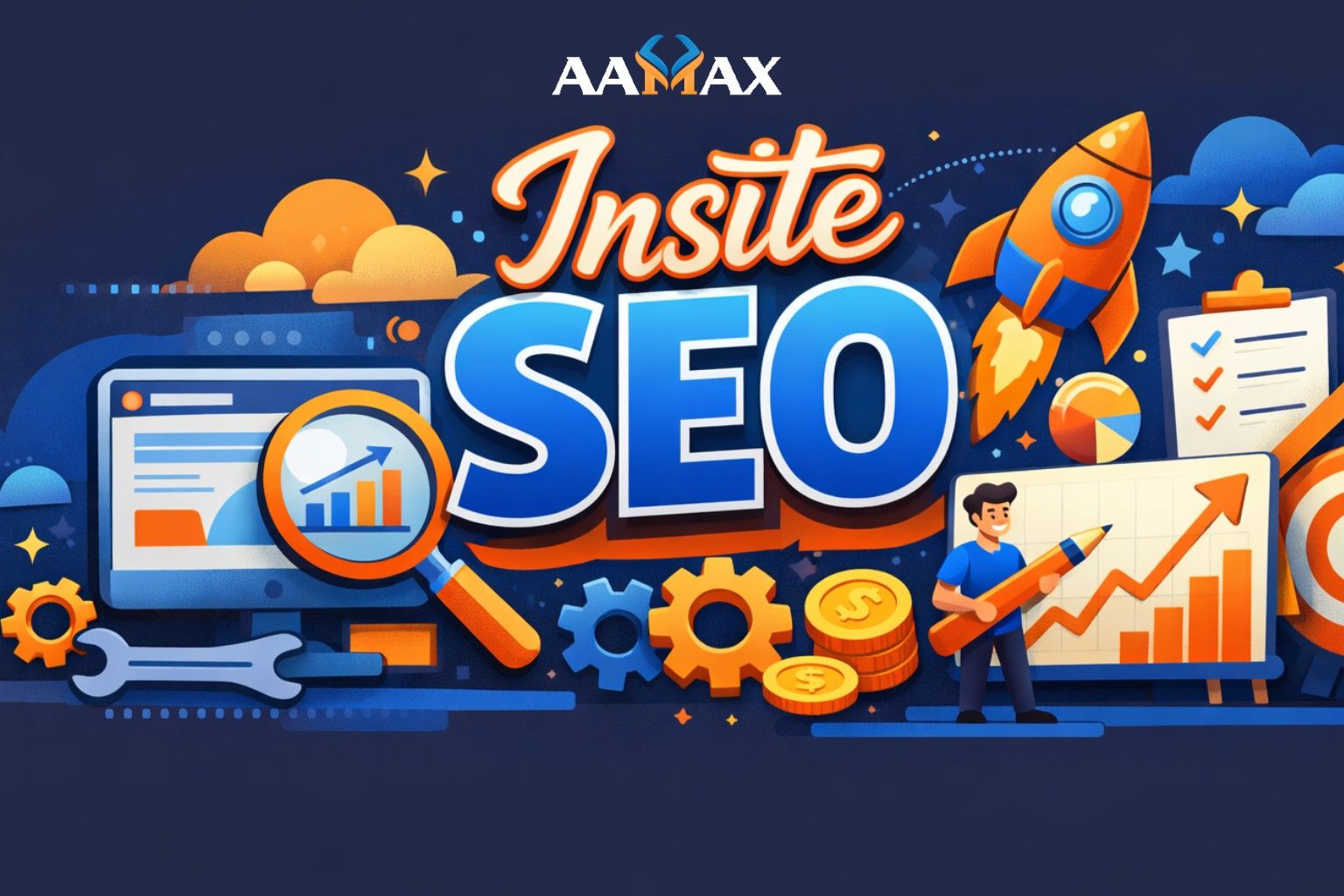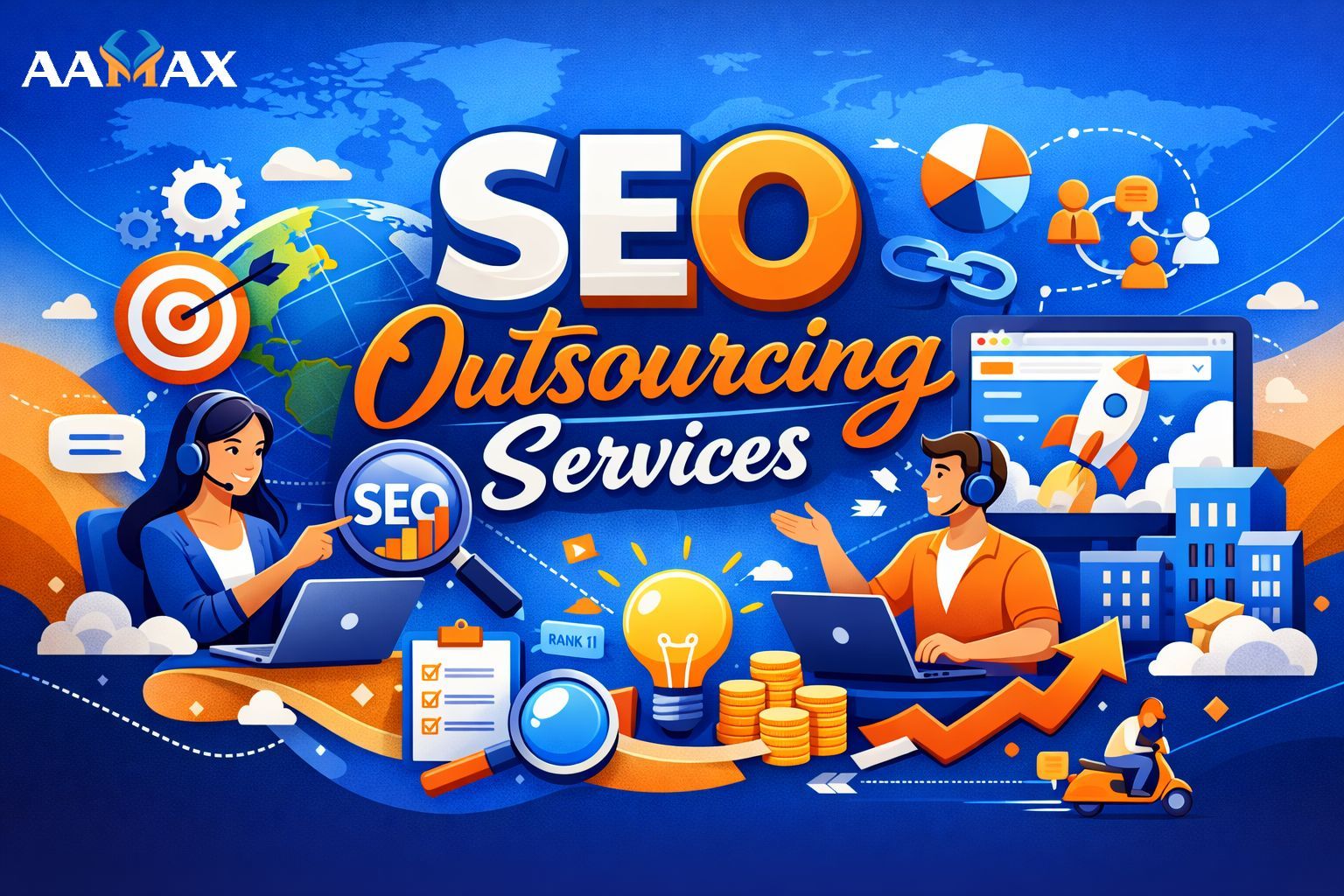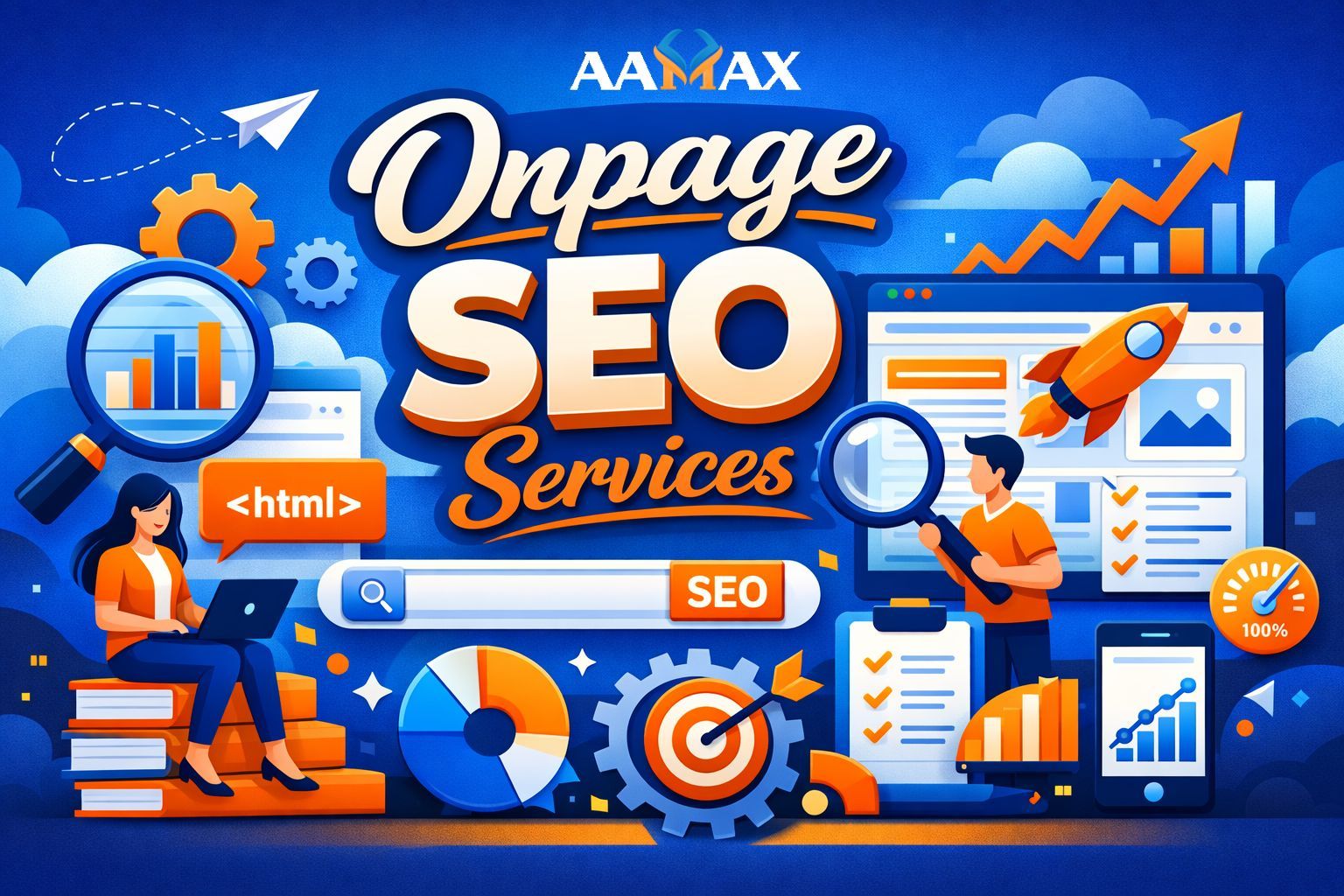
Understanding AI Overview SEO: What It Is and How to Rank
In today’s digital age, Artificial Intelligence (AI) is redefining nearly every industry — and SEO is no exception. As search engines become more intelligent, traditional SEO strategies are evolving into what many now call AI Overview SEO. This new form of search optimization leverages AI-driven insights, predictive algorithms, and semantic search to create smarter, more adaptive digital marketing strategies.
But what exactly does AI Search Engine Optimization (SEO) mean? How is it different from traditional SEO, and more importantly, how can you rank effectively in this new AI-driven search environment?
Let’s dive deep into understanding AI Overview SEO — what it is, how it works, and the strategies businesses need to stay visible and competitive in the era of AI search.
What Is AI Overview SEO?
AI Overview SEO refers to the optimization strategies designed to align content with AI-generated search results and AI summaries that appear on search engines like Google. With the introduction of Google’s Search Generative Experience (SGE) and similar AI-powered search models, search results are no longer just a list of links. Instead, AI overviews provide comprehensive summaries generated by large language models (LLMs), pulling insights from multiple high-authority sources.
In this environment, SEO is no longer just about keyword rankings — it’s about appearing in AI summaries, ensuring your content is recognized, trusted, and surfaced by search algorithms that interpret intent, context, and relevance.
Key Characteristics of AI Overview SEO
- Intent-based optimization – AI focuses more on why users are searching rather than what they type.
- Entity and context recognition – AI engines identify relationships between topics, brands, and keywords.
- Conversational search alignment – AI search models mimic human conversation and long-form queries.
- Authority and trust signals – Verified, accurate, and credible content has higher chances to appear in overviews.
- Comprehensive content – AI prefers in-depth, well-structured content that provides multi-faceted answers.
How AI Has Changed the SEO Landscape
Search algorithms have evolved from keyword matching to understanding meaning. Google’s AI-powered systems like RankBrain, BERT, and MUM have shifted the SEO game from basic keyword optimization to semantic relevance and user satisfaction.
1. From Keywords to Topics
Instead of optimizing for individual keywords, AI encourages a topic-based SEO approach. It understands clusters of related concepts, meaning content must be written to cover entire subjects comprehensively rather than targeting isolated phrases.
2. From Static Rankings to Dynamic Experiences
Traditional rankings are less predictable because AI-driven results adapt in real time. Factors like search history, device type, and user behavior influence what results are displayed, making SEO far more dynamic and personalized.
3. From Links to Credibility Signals
While backlinks still matter, AI places greater weight on credibility signals such as brand mentions, citations, and content quality. This shift rewards genuine thought leadership over link manipulation.
4. From Content Quantity to Content Value
AI evaluates the usefulness and depth of content. Thin or repetitive content no longer ranks well. Instead, informative, structured, and insightful content gains priority.
The Rise of AI-Generated Search Results
AI-generated summaries are now front and center on search engines. These summaries use natural language to answer complex queries directly on the search page — a development known as zero-click searches.
This means many users get answers without visiting a website, changing how brands must think about visibility. The new challenge is to get featured within the AI-generated overview — not just rank on page one.
How AI Summaries Choose Sources
AI-generated search results select their sources based on:
- Topical authority and expertise
- High-quality content with factual accuracy
- Clear structure, such as headings and schema markup
- Semantic relevance to the user query
- Engagement signals, like dwell time and click-through rates
In short, AI Overview SEO rewards quality, structure, and trustworthiness — not keyword stuffing or technical loopholes.
Key Components of AI Overview SEO Strategy
To rank effectively in AI-driven search results, businesses need to adopt a hybrid approach that blends traditional SEO fundamentals with modern AI-centric tactics.
Here’s how to build an effective AI Overview SEO strategy:
1. Optimize for Search Intent
AI algorithms prioritize intent clarity. Every piece of content must answer the specific reason behind a user’s query — whether it’s informational, navigational, or transactional.
Tip: Use conversational phrases and question-based headings to match AI’s natural language understanding.
2. Use Structured Data (Schema Markup)
Schema markup helps AI understand your content’s context. By adding structured data, you make it easier for search engines to identify entities, relationships, and content purpose.
Examples:
- FAQ schema for question-based queries
- Article schema for blog content
- Product schema for eCommerce pages
3. Enhance E-E-A-T (Experience, Expertise, Authoritativeness, Trustworthiness)
AI engines like Google’s SGE rely heavily on E-E-A-T signals. To boost your credibility:
- Showcase author bios and credentials.
- Cite reliable sources.
- Include updated and factual data.
- Build a strong online presence and brand reputation.
4. Focus on Long-Form and Contextual Content
AI models prefer comprehensive and context-rich content that answers multiple related queries. Write in-depth guides, how-tos, and insights that explore subtopics naturally within a main theme.
5. Improve Technical SEO and Core Web Vitals
Even in the AI era, site speed, mobile optimization, and crawlability remain crucial. A technically sound site ensures AI systems can easily interpret and index your content.
6. Use Natural Language and Semantic SEO
AI’s understanding of context means semantic SEO — optimizing around meanings rather than just words — is essential. Include synonyms, entities, and related terms naturally to make content more contextually rich.
7. Optimize for Voice and Conversational Search
AI search aligns closely with voice search optimization. People use conversational tones with virtual assistants like Google Assistant or Siri, so your content should sound natural, human, and question-focused.
8. Leverage AI SEO Tools
Use AI-powered SEO tools to analyze data, predict trends, and optimize intelligently. Tools like Clearscope, SurferSEO, and MarketMuse can help identify content gaps and optimize for semantic relevance.
How to Rank in AI Overview Results
Ranking within AI overviews requires going beyond conventional SEO. It’s about proving your content’s value and reliability to AI systems. Here are the steps:
Step 1: Identify AI-Referenced Keywords
Find queries that trigger AI-generated summaries in search results. These are opportunities to get featured within overviews. Use SEO tools or manual search testing to identify them.
Step 2: Create Expert-Led, Comprehensive Content
Write from expert perspectives with evidence-based insights. Include:
- Case studies
- Data visuals
- Step-by-step solutions
- Comparisons and FAQs
This increases your chances of being selected for AI summaries.
Step 3: Structure for Readability and AI Parsing
AI prefers well-structured information. Use:
- H2 and H3 headings for subtopics
- Bullet points for clarity
- Clear introductions and summaries
- Schema markup for context
Step 4: Strengthen Domain Authority
Build your topical authority through consistent content around your niche. Encourage backlinks from authoritative sites and promote engagement across channels.
Step 5: Keep Content Updated
AI systems prioritize fresh content. Regularly update old posts with new insights, statistics, and references to maintain visibility.
AI Overview SEO vs Traditional SEO
| Feature | Traditional SEO | AI Overview SEO | |----------|------------------|----------------| | Focus | Keywords & links | Intent, entities, and context | | Ranking Factor | Backlinks, keywords | E-E-A-T, semantic understanding | | Search Format | List of links | AI-generated summaries | | Optimization Style | On-page, off-page, technical | Conversational, contextual, and structured | | User Behavior | Click-through dependent | Zero-click and interaction-based | | Tools Used | Keyword tools, analytics | AI-driven content analyzers, LLM optimizers |
The key difference is adaptability — AI Overview SEO requires businesses to think like AI: to understand relationships between topics, user intent, and content authority.
The Role of AI in Content Creation and Optimization
AI doesn’t just power search — it also transforms how content is created and optimized.
1. AI for Keyword and Topic Research
AI tools analyze millions of searches to uncover patterns, helping marketers identify emerging trends faster than ever.
2. AI for Content Optimization
Platforms like SurferSEO or Clearscope assess top-ranking pages, suggesting improvements in word count, tone, and keyword usage — all aligned with AI-driven search behavior.
3. AI for Personalization
AI enables dynamic content personalization, showing different versions of content to users based on intent, location, or behavior — improving engagement metrics that influence SEO.
4. AI for Predictive Analysis
AI helps forecast ranking opportunities by evaluating data trends, search behavior, and algorithm updates — enabling proactive SEO strategies rather than reactive ones.
Future of AI Overview SEO
As AI continues to evolve, SEO will increasingly rely on understanding human intent through machine intelligence. We can expect:
- Greater integration of multimodal AI search (text, voice, image, and video).
- Enhanced trust and citation systems in AI-generated answers.
- Real-time personalized search results.
- A growing focus on brand authority and identity as ranking signals.
Ultimately, businesses that embrace AI-driven SEO early will have a major advantage as search continues to evolve.
Why You Should Hire AAMAX for AI SEO Services
If you want to stay ahead of these changes and dominate AI-driven search, partnering with an expert team is essential. AAMAX specializes in AI SEO services, combining data-driven insights, machine learning optimization, and creative content strategies to help businesses rank higher in both traditional and AI overview results.
AAMAX is a full-service digital marketing company offering:
- Web Development
- Digital Marketing
- AI-Enhanced SEO Services
Their expertise ensures your website is not only optimized for current algorithms but also future-proofed for the next wave of AI-powered search evolution.
Final Thoughts
AI Overview SEO is not the death of traditional SEO — it’s its next evolution. Success in this era requires understanding how AI interprets content, context, and credibility. By optimizing for intent, structuring your data, and delivering high-quality, trustworthy content, your brand can thrive in AI-driven search environments.
Whether you’re a business owner, marketer, or entrepreneur, embracing AI Overview SEO today ensures you’re not left behind tomorrow. Partner with AAMAX and unlock the full potential of AI-powered search optimization.







